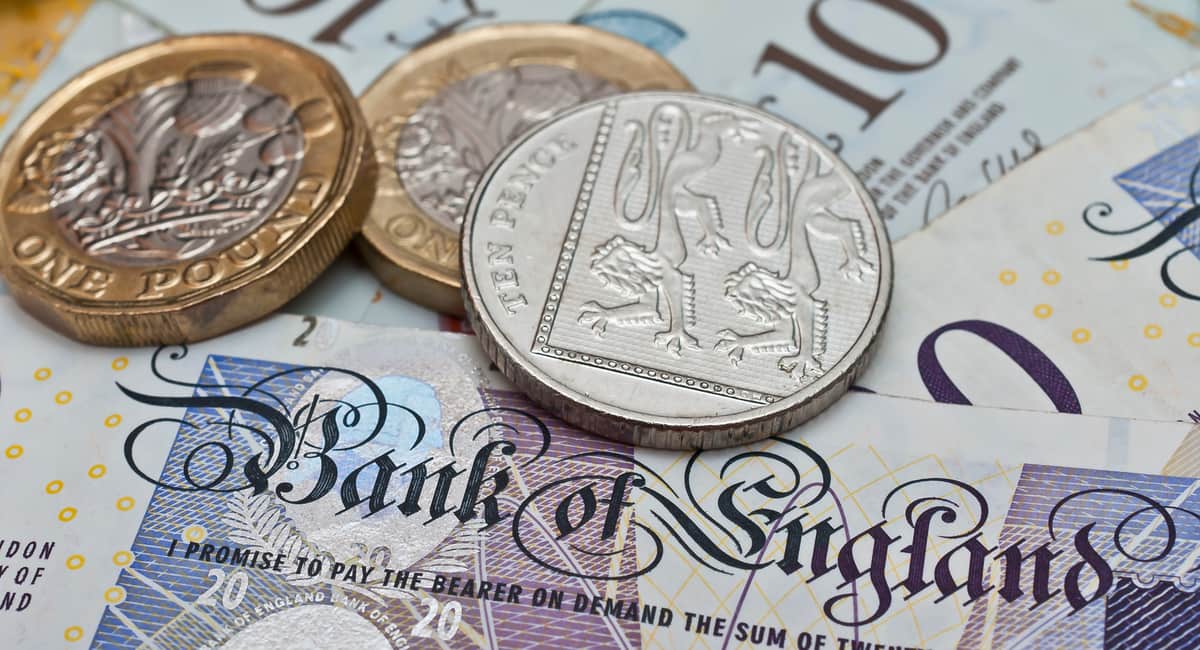Money comes in many forms, but some – referred to as ‘legal tender’ – are better than others from a legal perspective.
Legal tender is not, as some might assume, the only valid form of money. You can pay by card and still settle a transaction, because debit and credit cards are approved as ‘legal currency’.
But legal tender has a very narrow definition that’s not really relevant in shops.
Essentially, legal tenders eliminate a court-awarded debt when offered (‘tendered’) in the exact amount that’s owed to a creditor. So if a debtor is offering to settle a debt in court with a legal tender, the creditor is not allowed to refuse it.
In a shop or other business context, on the other hand, merchants are legally allowed to decide exactly what payment methods to accept. This means they can legitimately refuse legal tenders – as long as they do not discriminate against a customer – and opt for the most convenient ways to get paid.
That’s a good thing for retailers when, for example, a customer tries to pay for a newspaper with a £50 note and there’s not enough change in the till, or the merchant simply decides not to accept cash because it’s too expensive to handle.
What is considered legal tender in the UK?
In England and Wales, the only legal tenders are Royal Mint coins (pounds and pence) or Bank of England notes (£5, £10, £20 and £50 notes).
In Scotland and Northern Ireland, only Royal Mint coins are legal tender, not bank notes. Seven banks in Scotland and Northern Ireland issue pound sterling notes for local circulation, but they are not legal tender anywhere, nor are Bank of England notes legal tender in Scotland or Northern Ireland.
That said, you can still, for example, pay with English notes in Scotland or Scottish notes in England if the retailer agrees to take them. That’s because they are the same currency (pound sterling) and can be deposited at the bank or Post Office.
To qualify as an actual ‘legal tender transaction’, the debtor has to offer the exact amount owed, as the merchant is not required to offer change (another reason why it’s okay to refuse large bank notes for small purchases).
There are also certain rules about acceptance of small coins to qualify as legal tender:
- 1p and 2p coins only count for amounts up to 20p
- 5p and 10p coins only count for amounts up to £5
- 20p and 50p coins only count for amounts up to £10
£1 coins and £2 coins are legal tender for any amount, as are all Bank of England notes as long as the exact amount owed is given.
Bank of England notes and Royal Mint coins stop being legal tender when withdrawn and replaced with a new version of the coin or bank note. Typically, the public gets several months’ notice of this.
Alternative payment methods
Other payment methods that are not legal tender, but may be accepted by merchants legally, include:




